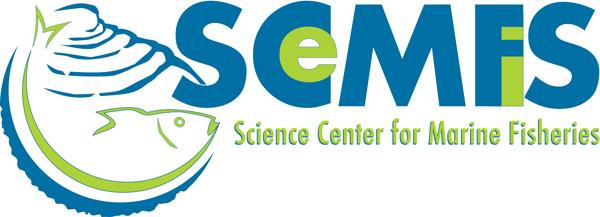June 5, 2017 — “Aquaculture is not the future of oyster harvests. It’s the present,” said Mark Luckenbach – Virginia Institute of Marine Science.
Luckenbach, based at the VIMS lab at Wachapreague, told me those words 11 years ago, when I wrote my first story about oyster aquaculture. Since then, I’ve written more than 100 stories on the topic, and someday, I hope, I’ll write a book. One thing is sure: the present has taken a long time to arrive – not just in the Chesapeake Bay, but all over the country.
Eighty to 90 percent of the seafood eaten in the United States is imported, according to the National Oceanic and Atmospheric Administration. In Baltimore, where I live, the crabmeat at my local grocery store is not from the Chesapeake Bay. The salmon is not from this country. And striped bass? Never seen it there, though I live just an hour from where one could catch some of the nicest rockfish you could find anywhere.
NOAA officials want to change what they’re calling a $14 billion seafood trade deficit. At a webinar last week, agency officials said Commerce Secretary Wilbur Ross, who oversees NOAA, is committed to “eliminating barriers” to growing aquaculture here in the United States.
In Maryland, we know well some of these barriers as they relate to growing oysters. Would-be growers have spent years awaiting permission to put oysters in the water, even though the bivalves filter the water, increase biodiversity, and even spur recruitment for the Bay’s long-troubled wild oyster population, which is less than 1 percent of historic levels.
On a conference call during the webinar, federal officials touted Maryland’s permit innovations as a success. (They didn’t mention that oyster farmers have blamed NOAA’s National Marine Fisheries Service for some of those delays, relating to the possible impact of oyster farming on endangered marine turtles.) Maryland worked with the Baltimore District of the U.S. Army Corps of Engineers to streamline the permit process. State and federal officials, as well as oyster farmers, report it is working more smoothly now. (NOAA officials said they had an “ombudsman” role in the process.)

